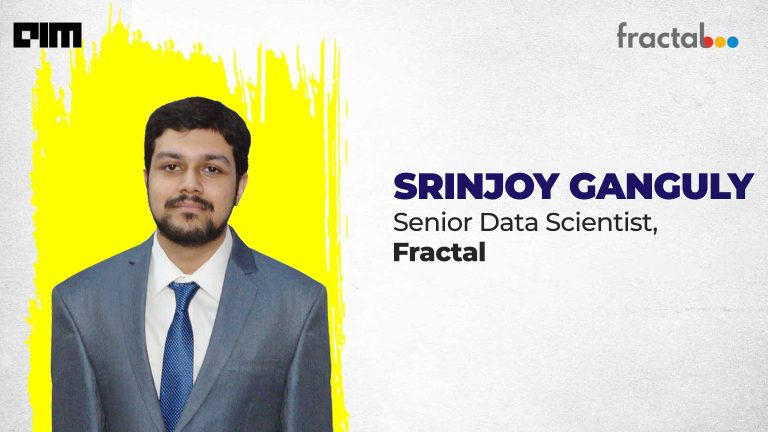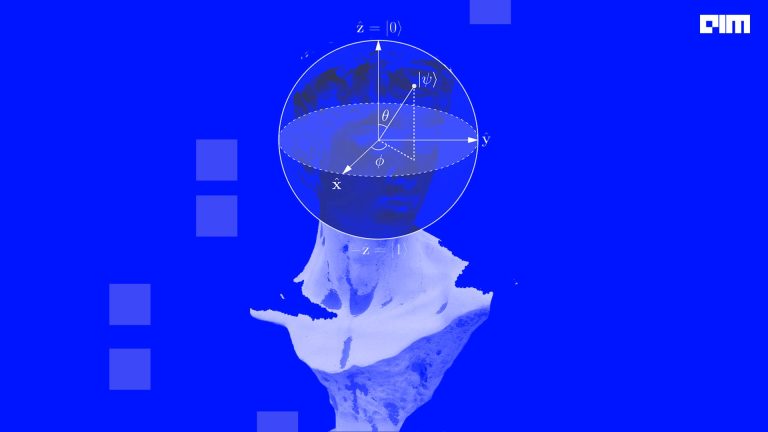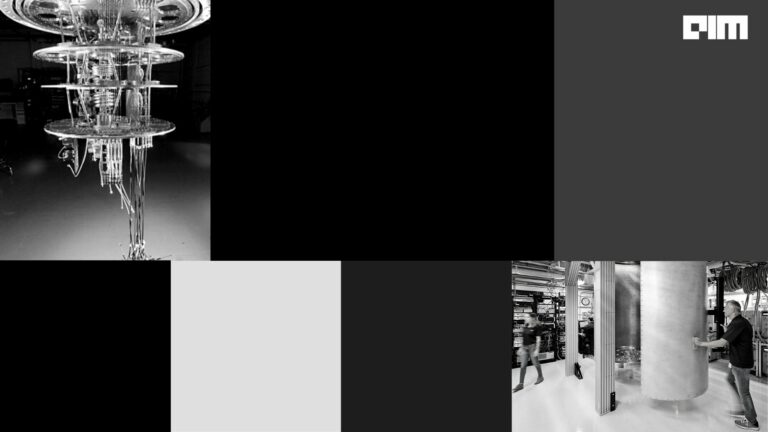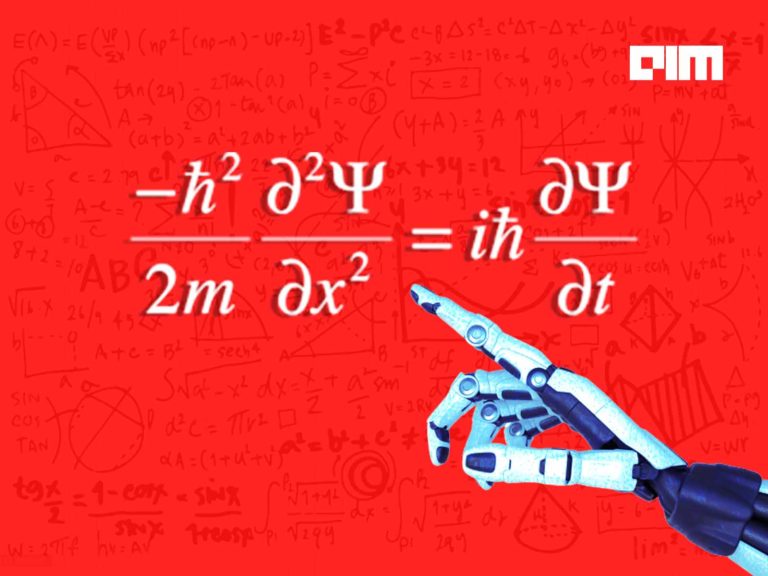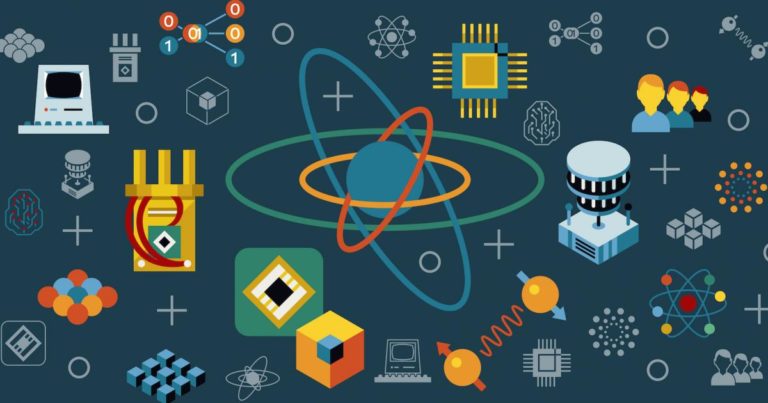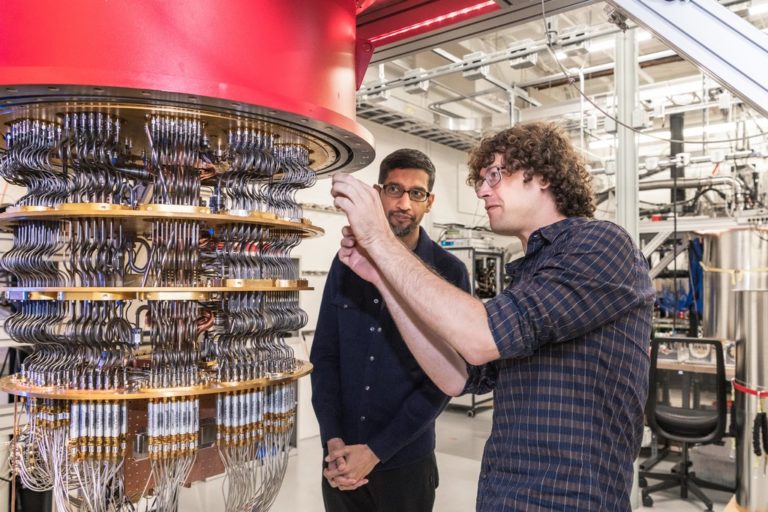It is possible to extend Hermitian operators’ fundamentals and digitally simulate non-Hermitian dynamics in a superconducting quantum processor, Aalto University researchers have demonstrated. The breakthrough experiment has the potential to challenge the dearly-held notions in Quantum physics.
The researchers made qubits behave according to the new rules of non-Hermitian quantum mechanics. Two significant discoveries were made:
- Applying quantum operations to qubits does not conserve quantum information. The discovery potentially can address puzzles like Stephen Hawking’s Information Paradox.
- In non-Hermitian quantum mechanics, the researchers could alter the level of entanglement of qubits by manipulating them.
The Experiment
Standard quantum physics hinges on the fundamental of the Hermicity of physical observables. It guarantees real eigenspectra and generates unitary dynamics in closed quantum systems. A closed system refers to physical systems where no exchange of energy or information occurs. Schrödinger’s equation, a linear partial differential equation that governs quantum mechanical systems, describes a closed system’s behaviour.
Closed systems are ‘needlessly restrictive’ and are not suitable for Hamilton — an operator that corresponds to the system’s total energy, both kinetic and potential. However, this experiment showed an open system is a better fit.
This is not to say that the open-system has no drawbacks. For example, with this kind of system, the gain and the dissipation needs to be controlled precisely. Hence, the experiments require very complicated setups with gain and alternating losses. Additionally, gain-loss systems for studying quantum properties such as entropy, entanglement, and correlations are impossible as they add noise to the system. To avoid such losses, the non-Hermitian dynamics need to be realised in the quantum regime to measure the effects mentioned above.
This experiment shows how non-Hermitian dynamics can be simulated digitally in a superconducting quantum processor. It is made possible by extending the Hilbert space using ancilla qubits — extra bits used to achieve specific goals in computation — under the effect of defined gates.
To achieve this, researchers combined two techniques:
- Universal dilation method applicable to Hamiltonian
- A method for generating a two-qubit gate using the combination of single-qubit gates and controlled-NOT gates.
The second technique of generating a two-qubit gate helps to characterise the broken PT-symmetry transition fully and establishes the relationship between non-Hermitian quantum mechanics and no-go theorems (theorem that suggests a system is not physically possible).
In general, a PT symmetry describes a system in equilibrium with its environment. The energy in such systems flow in and out and the measurements need to be made within the theoretical framework.
The researchers at Aalto University achieved this using superconducting processors. Though these processors come with their own set of flaws, over the years, these processors have produced important results such as quantum error correction, fault-tolerant gates, non-local parity measurements, creation of highly entangled graph states, implementation of quantum witnesses, and application of quantum-enhanced solutions to a large system of linear equations. The superconducting quantum processor extracts relevant quantum correlations and efficiently programmes the required gates, adapted to a particular topology.
Wrapping Up
Sorin Paraoanu, the lead researcher for the experiment, said, “The exciting thing about these results is that quantum computers are now developed enough to start using them for testing unconventional ideas that have been only mathematical so far.”
Read the full paper here.







